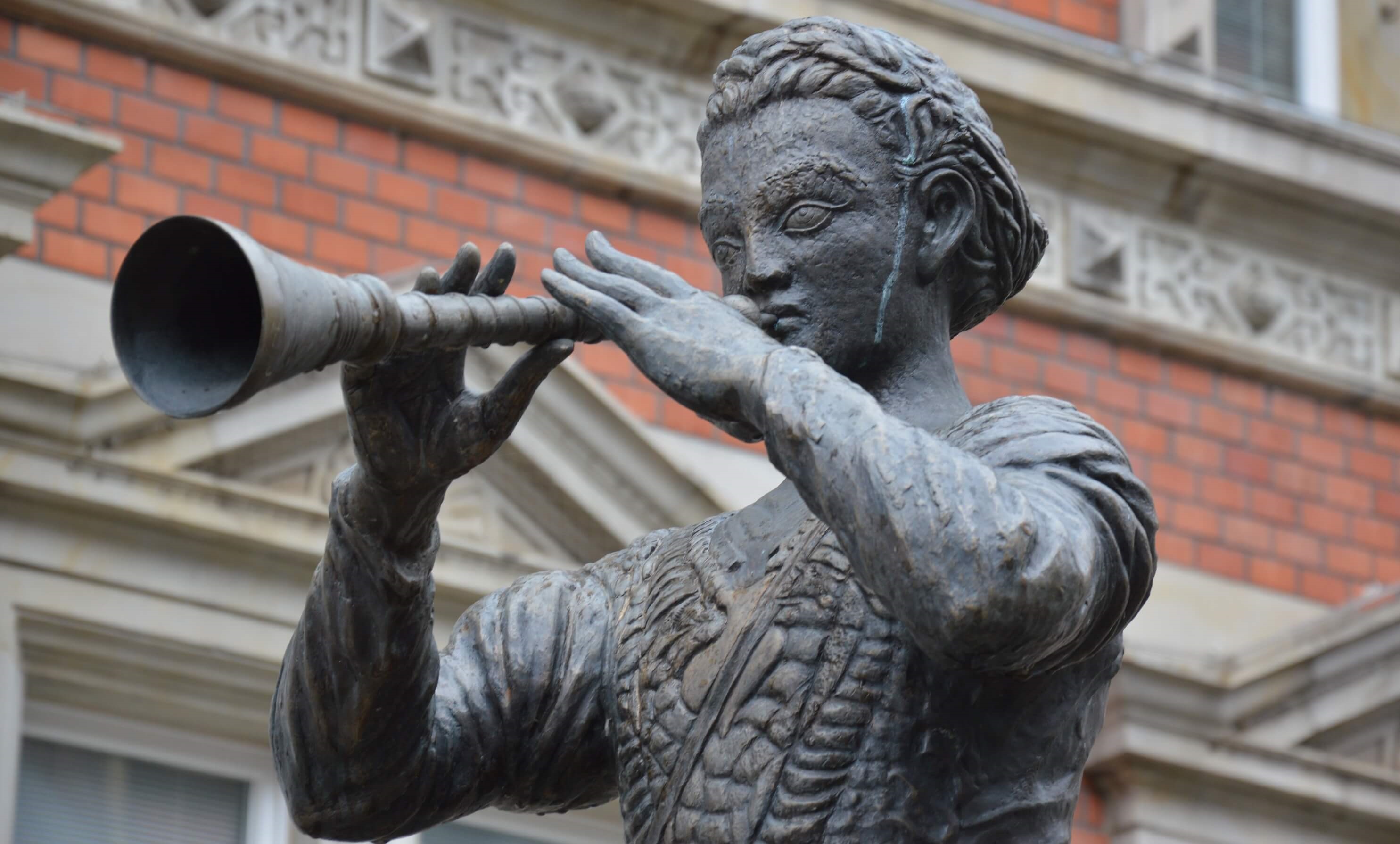Inspiring Hero or Humble Diplomat? The Core Functions of a Leader
This is one of our free-to-access content pieces. To gain access to all Ideas for Leaders content please Log In Here or if you are not already a Subscriber then Subscribe Here.

A new study building on leadership from an evolutionary perspective and exploring the needs of followers reveals that leadership is most in demand when a group needs to coordinate their activities, and when conflicts of interests threaten effective action by the group.
The theory of evolution argues that survival depends on adaptation to the environment. Biological, psychological and behavioural characteristics in living things evolve or emerge in an ongoing battle to survive in a changing environment.
Through the prism of evolution, leadership emerged because of the social needs of groups—that is, leadership is necessary for groups to survive and thrive in their environment. Previous research has identified two social needs that explain the emergence of leadership: the need to coordinate actions and the need to cooperate despite conflicts of interest. Without coordination, the goal is not achieved. ‘Free riders’—individuals who are not doing their fair share of the required group activity but still reap the benefits of such activity—is one example of the conflicts of interests that can undermine cooperation.
A recent study by two researchers builds on this previous research by exploring, through the use of strategic games, the different facets of coordination and cooperation and their impact on leadership. Specifically, the researchers sought to confirm that situations requiring greater coordination or greater cooperation in light of conflicts of interests benefitted from the presence of a leader. They further sought to determine when authoritarian leadership might be preferred over non-authoritarian leadership. Finally, they sought to assess whether the influence of monetary rewards impacted the demand for leadership.
For their experiments, the researchers recruited 400 participants to play six strategic games. Designed by evolutionary biologists, these strategic games involve two players who, without communicating with each other, make a decision and then receive a payoff that depends on their decision and the decision of the other player. Pay-offs are in the form of medals: gold for the highest payoff, then silver, then bronze, and black for no payoff.
For example, in one of the strategic games, the match game, the two participants must decide to go either right or left. If both participants decide to go in the same direction, they both receive a gold medal. If the participants decide to go in different directions, they both receive a black medal.
The games continue through ten rounds. The two participants cannot communicate with each other; they only see the decision of the other player once both decisions are made.
The strategic games manipulate the different factors raised above. Some games require a high level of coordination for optimum payoff (as in the match game example), while other games require lesser or no coordination. Likewise, some games involve conflicts of interests; others do not. Two of the six games have monetary payoffs. Finally, all the games give the players a “governance” choice between:
The results of the experiments established the link between the need for coordination or the presence of conflicts of interest to the demand for leadership. In the games that required coordination or introduced conflicts of interest, the players were more likely to choose a leadership option—and the greater the challenge of coordination or conflict, the more likely authoritarian leadership would be chosen. Individual decision-making and punishment, according to the experiments, were less likely to encourage coordination or resolve conflicts of interests: individual decision-making failed to find the mutual benefit actions for the players; punishment, meanwhile, led to retaliation and further conflict.
When we think of leaders, we tend to think of charismatic and visionary individuals who inspire and motivate their followers. This study presents a different, more humble view of leaders as individuals in demand because they help the members of a group coordinate their actions, and/or because they resolve conflicts of interest among group members that can sabotage the efforts of the group. This humble perspective not only alters our understanding of the most important functions of a leader, but also opens up leadership roles to a broader range of personalities and attributes. There will always be people among us who want to figuratively sit astride a rearing white stallion and heroically bellow “follow me!” There are many more among us, however, who have the diplomacy and patience to work through coordination difficulties or find solutions to conflicts of interests.
If you’re a humble diplomat, you may be just the type of leader your organization needs. And if you’re an organization in need of a leader, it might be best to forgo the flash of the hero in favour of the quiet effectiveness of the diplomat.

Ideas for Leaders is a free-to-access site. If you enjoy our content and find it valuable, please consider subscribing to our Developing Leaders Quarterly publication, this presents academic, business and consultant perspectives on leadership issues in a beautifully produced, small volume delivered to your desk four times a year.

For the less than the price of a coffee a week you can read over 650 summaries of research that cost universities over $1 billion to produce.
Use our Ideas to:
Speak to us on how else you can leverage this content to benefit your organization. info@ideasforleaders.com